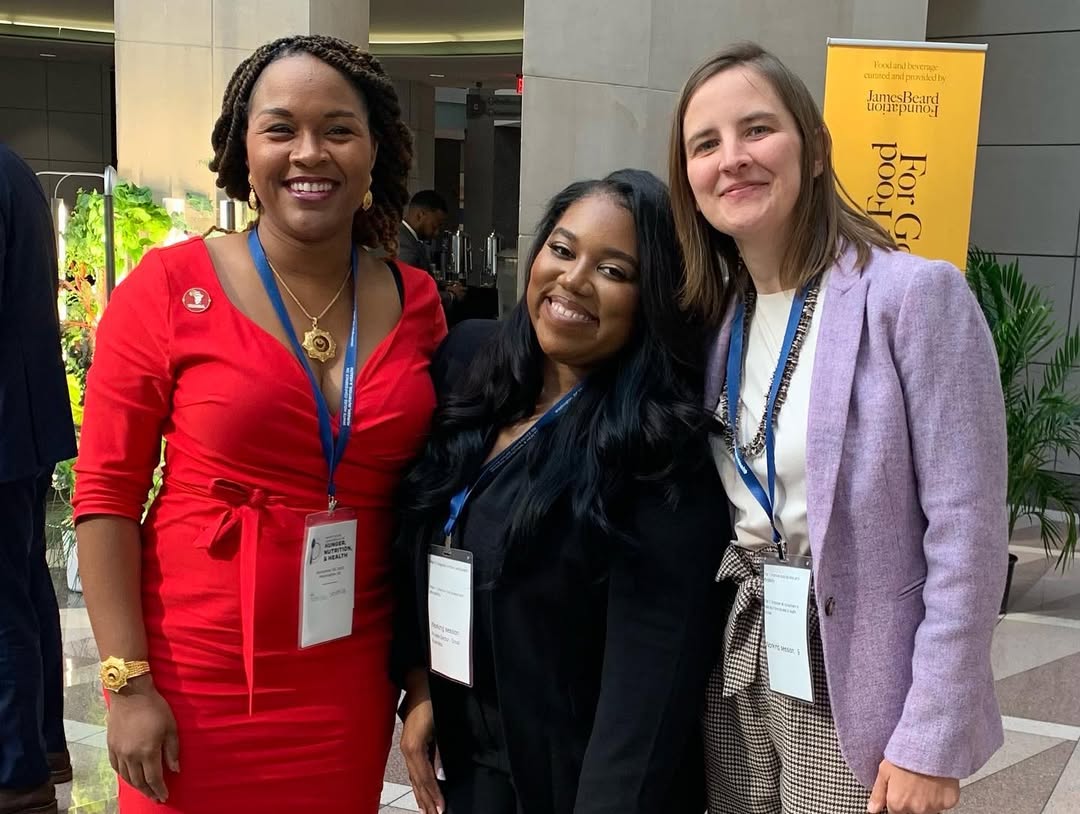A new bill would limit the reach of laws in California, Massachusetts, and elsewhere that improve living conditions for livestock.

A new bill would limit the reach of laws in California, Massachusetts, and elsewhere that improve living conditions for livestock.
July 24, 2025
July 24, 2025 – In a three-hour hearing Wednesday, the House Agriculture Committee brought in representatives of the animal agriculture industry to provide testimony that state-level animal welfare bills, notably California’s Proposition 12 and Massachusetts’ Question 3, are harming farmers, ranchers, and consumers.
Expand your understanding of food systems as a Civil Eats member. Enjoy unlimited access to our groundbreaking reporting, engage with experts, and connect with a community of changemakers.
Already a member?
Login
Among the groups represented at the hearing were the National Pork Producers Council, the Iowa Farm Bureau, and the American Farm Bureau Federation, along with agricultural economists.
The hearing represents the latest salvo in a years-long effort to overturn animal welfare rules that were established in 2018 by Prop. 12. In advance of the hearing, House Agriculture Committee Chair G.T. Thompson (R-Pennsylvania) issued a statement claiming Prop. 12 “has wreaked havoc on America’s food supply chain, forcing chaos and cost onto producers and consumers nationwide.”
“In the name of so-called animal welfare, radical activists are using state law to impose their extreme agenda on all 50 states and our international trading partners,” he wrote, adding that Congress must now “restore order and protect the balance between states’ rights and interstate commerce.”
Republicans and witnesses repeatedly said during today’s hearing that the retail cost of some pork products has increased by an average of 20 percent as a result of Prop. 12. These numbers are inconsistent with research, however, and, as Civil Eats reported in May, are based on limited data: a seven-month period during which the law was being phased in.
The Bureau of Labor Statistics and the USDA’s Economic Research Service both report much lower real and projected increases. BLS data show about a 1 percent increase in pork prices between June 2024 and May 2025, and USDA data show pork prices rose about .6 percent between May 2024 and June 2025. Politico’s Grace Yarrow is reporting that the USDA released new data showing that Prop. 12 increased pork prices in California by nearly 19 percent compared to last year.
Democrats in both houses of Congress are speaking out in opposition to any efforts to roll back the animal welfare rules. In today’s hearing, Rep. Jim McGovern (D-Illinois) said that 82 percent of small pork producers (those who raise fewer than 500 pigs) are benefiting from Prop. 12. A group of 28 Democratic and Independent senators sent a letter to the Senate Agriculture Committee earlier this month urging them to reject efforts to repeal the rules, which they say threaten not only these state-level food and farm bills, but would undermine countless state and local laws and create “an overnight regulatory vacuum.”
Meanwhile, Rep. Ashley Hinson (R-Iowa) on Wednesday introduced the Save Our Bacon Act, which is the same language first introduced as Section 12007 in last year’s draft farm bill text. The new bill would restrict states from passing laws on animal welfare that affect producers in other states. In a press release, Hinson’s office noted that the bill aims to “alleviate this overregulation by prohibiting state and local governments from interfering with the production of livestock in other states.”
Other groups, including animal-welfare advocacy groups and organizations representing small farmers, issued statements in opposition to today’s hearing.
“There are thousands of farmers across the country who support and depend on commonsense bans against the cruel confinement of farm animals,” said Matt Bershadker, head of the American Society for the Prevention of Cruelty to Animals (ASPCA). “We encourage Congress to listen to these farmers and protect state laws like Proposition 12, which create vital market opportunities for higher-welfare farming that align with the values of the American public.”
Farmers associated with Farm Action Fund sent a letter to the House Agriculture committee in support of Prop. 12, which they said has “created a stable, premium market that allows us to sustain our farms, invest in better infrastructure and livestock care, and continue farming in an increasingly consolidated industry. . . . [We] now rely on this market as a part of our farms’ financial futures.” (Link to this post.)

July 30, 2025
From Oklahoma to D.C., a food activist works to ensure that communities can protect their food systems and their future.
Leave a Comment